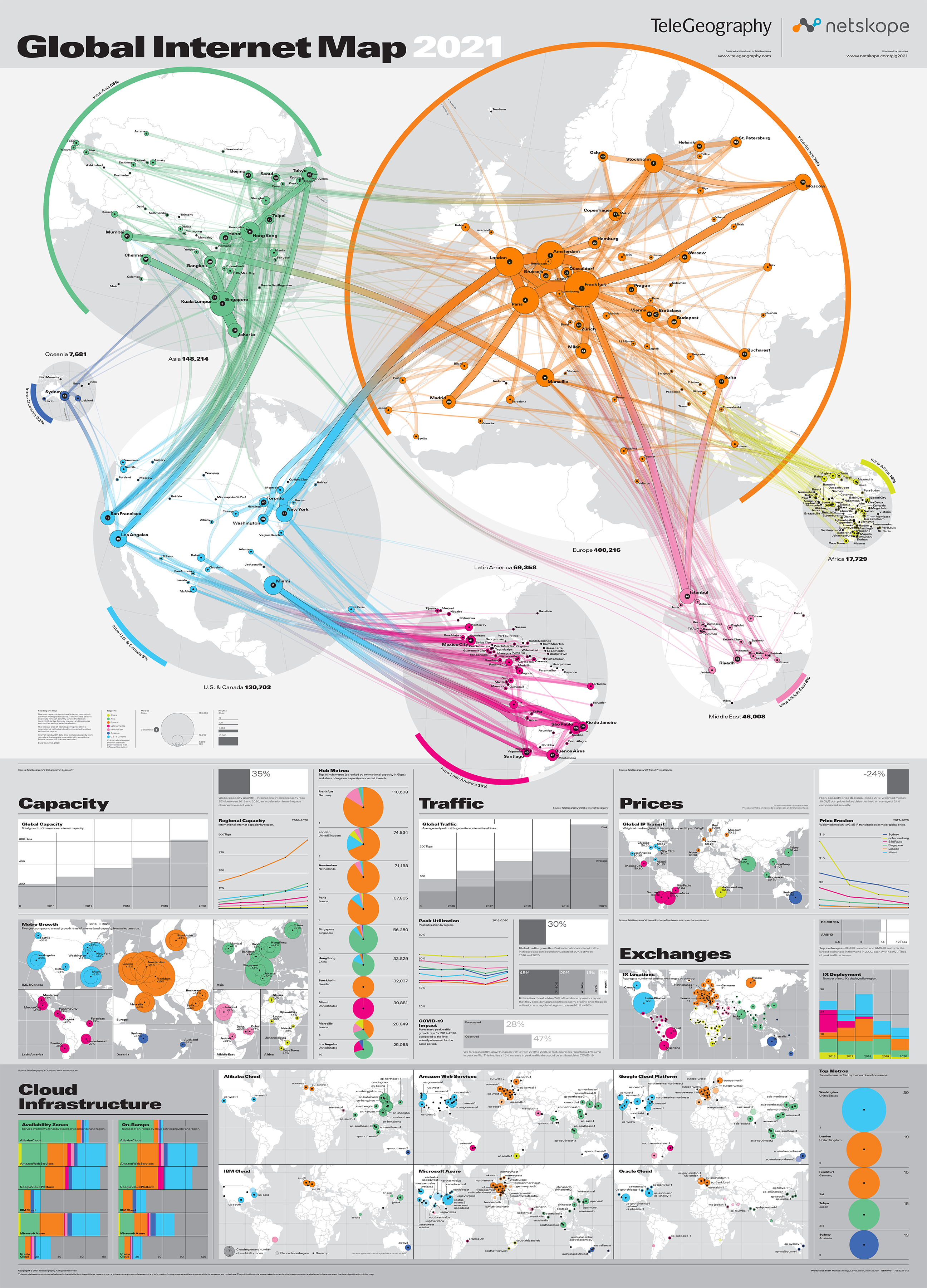Most People Probably Don't Need A VPN, Experts Now Advise
from the first-do-no-harm dept
What does my ISP see when I am connected to VPN?
When you connect to a NordVPN server, your internet service provider (ISP) can see that you’re connected to an IP owned by a VPN service — in this case, NordVPN. It might also know the time of your connection and the port your VPN protocol is using. Plus, the provider will see the amount of traffic traveling to and from your device.
Apart from these, the only other important thing your service provider can detect is the fact that your actual online traffic is hidden from them. That means it loses access to the following information:
- The websites you visit
- The specific web pages you browse and the time you spend there
- Your browsing and search history
- The files you download from or upload to unencrypted websites
- The info you type on unencrypted websites
Why does the ISP still see some information?
That’s because your service provider connects you to the websites you want to visit. You send it a data package, which works as a request, and the ISP sends it to the correct destination. When you connect to a VPN, you tell it to send that request to the VPN server.
But from that point on, the VPN server takes over the package, and the ISP will never know its final destination.
To sum up, the ISP sees this information when you use a VPN:
- The IP address of the VPN server
- The timestamp of when you connected
- The port your VPN protocol is using
- The amount of data you’re sending or receiving
- Encrypted and unreadable data traveling between you and the VPN server
So use a VPN to block ISP tracking and protect your privacy
REFERENCE:
What does my ISP see when I am connected to VPN?
"There is at least one thing that some VPNs could help with: blocking malicious ads. The online advertising ecosystem is so dangerous that the U.S. Intelligence Community has blocked advertisements on a network-level, Motherboard reported recently. But online ads are not just a threat to intelligence agencies; Motherboard has repeatedly shown how data brokers harvest 'bidstream' data by participating in the online advertising process. This sort of information can include location data."
____________________________________________________________________________
INSERT
_____________________________________________________________________________
> But as the VPN field has become crowded by dodgy players, just injecting an entirely new dodgy player into your traffic flow isn't really helping anybody. Especially if you lack the capacity to ferret out which VPN provider is keeping its word, and which is just another shady business collecting, storing, and monetizing your data (while breathlessly insisting they don't do that).
Filed Under: cybersecurity, encryption, privacy, security, vpns



No comments:
Post a Comment